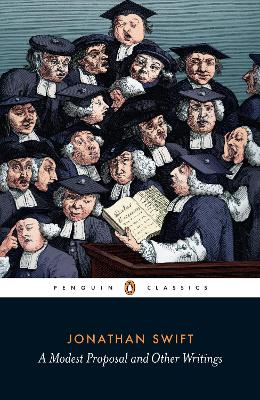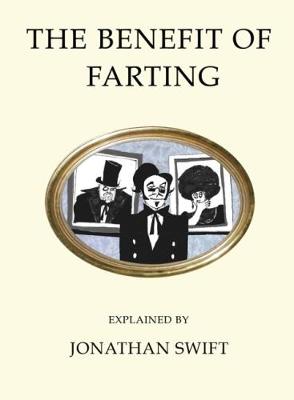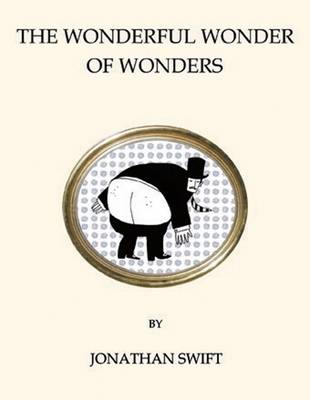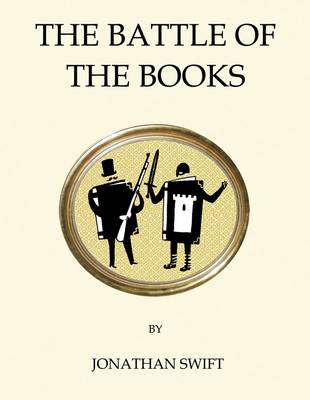Quirky Classics
5 total works
The Penguin Classics edition of Jonathan Swift's savagely satirical A Modest Proposal and Other Writings is edited with an introduction and notes by Carol Fabricant.
To ease poverty in Ireland by eating the children of the poor was the satirical 'solution' suggested by Jonathan Swift in his essay 'A Modest Proposal' (1729). Here Swift unleashes the full power of his ironic armoury and corrosive wit, finding his targets - the British ruling class and avaricious landlords, and the brutalized Irish, complicit in their own oppression - with deadly precision. His masterly essay is accompanied by a generous selection of prose works, among them pamphlets attacking British rule in his native Ireland, periodical essays critiquing the new capitalist and military classes, a journal detailing his political activities in London, a loving tribute to his beloved 'Stella' after her death and pieces on such diverse subjects as the absurdities of astrology, the joys of punning and comical rules for servants. Ingenious and unconventional, Swift is revealed here as one of the greatest satirists in the English language.
In her introduction to this new edition, Carol Fabricant discusses Swift's life and turbulent times, his political views and his powers as a writer of complex irony and intricate word play. This volume also includes a chronology, further reading, a glossary, notes and a biographical dictionary.
Jonathan Swift (1667-1745) was born in Dublin. Sent to Kilkenny Grammar School when he was six, Swift later attended Trinity College, Dublin, where he received his BA degree in 1686. He is considered the foremost prose satirist in the English language, which stemmed from his criticism of Britain's repressive colonial policies in Ireland. Among Swift's best known works are his ironic masterpiece, 'A Modest Proposal' (1729), and his novel, Gulliver's Travels (1726).
If you enjoyed A Modest Proposal, you might like Alexander Pope's The Rape of the Lock and Other Major Writings, also available in Penguin Classics.
Most famous for his celebrated masterpiece, Gulliver's Travels, Swift was the foremost satirist of his day. Also including a selection of Swift's other lesser-known works, and a very peculiar proposal to make money from public toilets, this volume will be a hilarious and illuminating read for any fans of Ireland's most illustrious wit.
As well as providing humorous reflections on the nature of scholarship and education, Swift seizes the opportunity to take swipes at several authors and critics. The result is a timeless and entertaining parody by one of the most enduringly popular writers in the English language.




